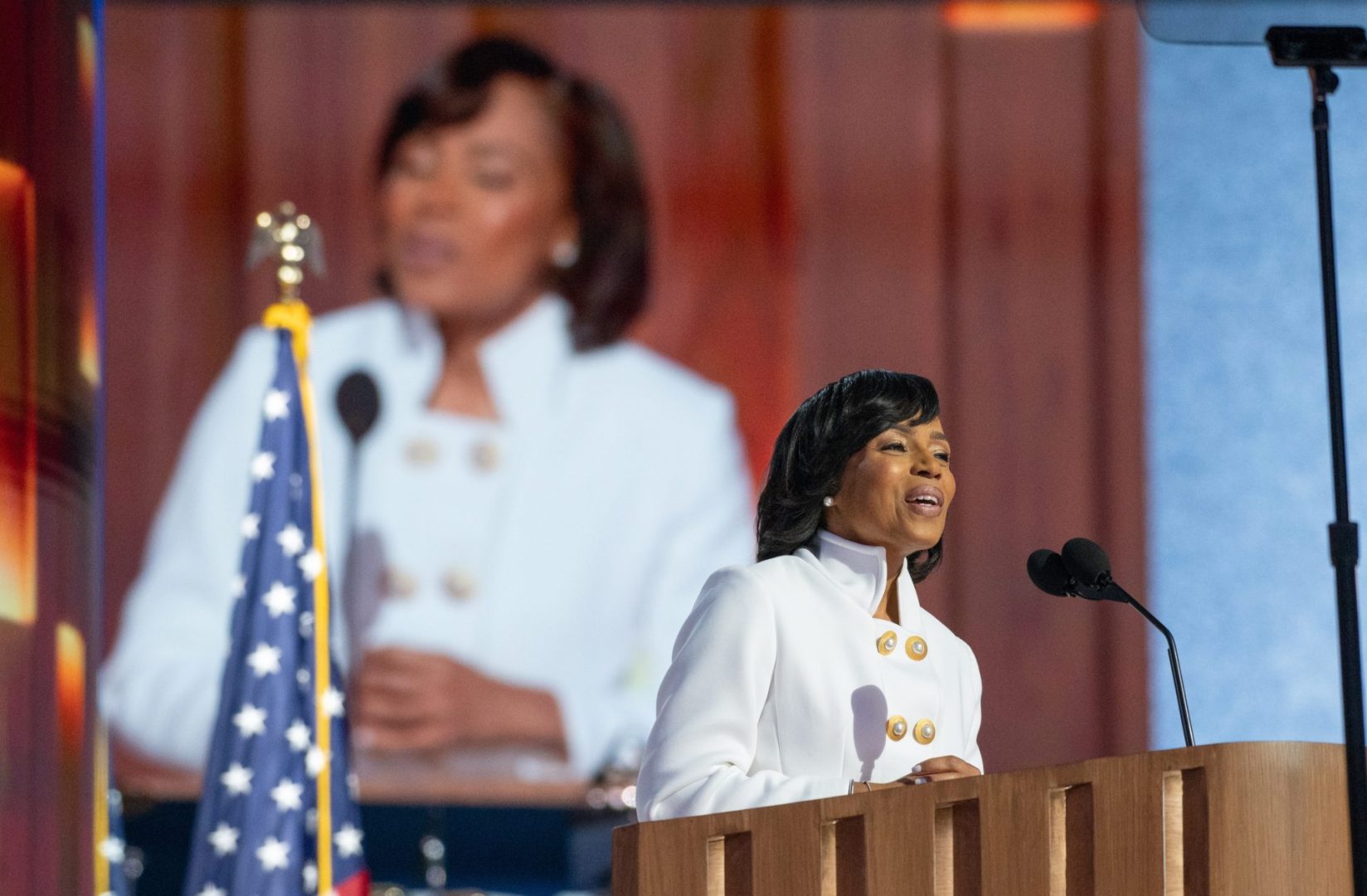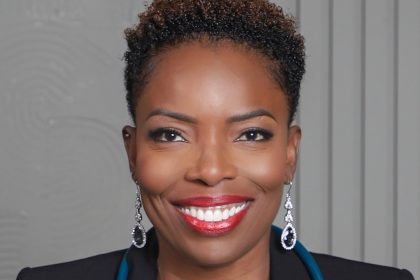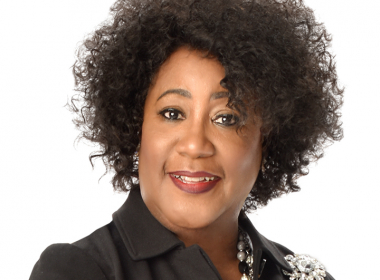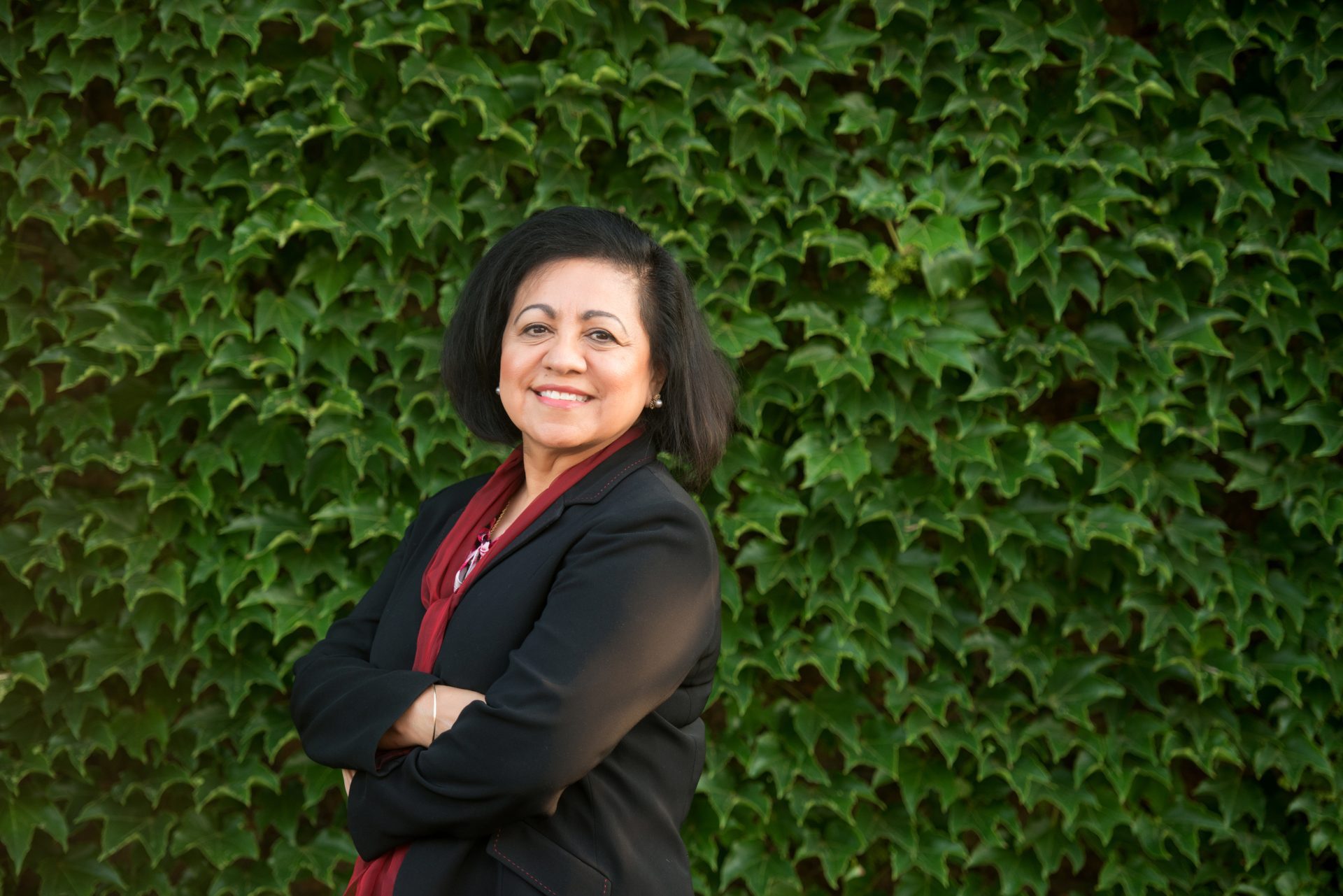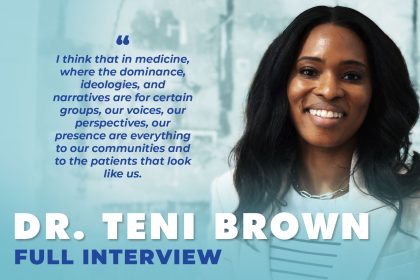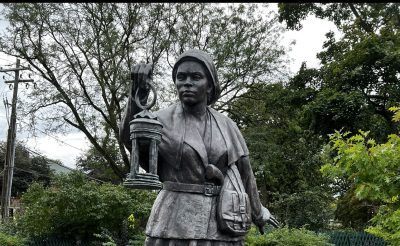As Women’s History Month unfolds across the nation, attention turns to the extraordinary impact of trailblazing women whose contributions have fundamentally reshaped american society. These remarkable individuals have overcome formidable barriers to establish new standards of excellence in politics, journalism, healthcare, and the arts.
Their collective achievements not only commemorate historical progress but also reflect ongoing struggles for equity that continue to define the american experience. These leaders exemplify resilience while creating pathways for future generations to build upon their groundbreaking work.
Political leadership charting new territory
Maryland government has become a focal point for transformative leadership through the groundbreaking work of two chiefs of staff reshaping public service. Athena Ware Hernandez and Geri Royale Byrd have redefined political leadership through their innovative approaches to governance and policy implementation.
Their strategic vision has created lasting impacts on community development while establishing new benchmarks for women in executive government roles. Their collaborative leadership style demonstrates how women in positions of authority can drive substantive policy changes that address complex social challenges.
The ripple effects of their work extend beyond immediate policy outcomes to inspire a new generation of women entering public service. By navigating institutional barriers while maintaining commitment to community-centered governance, they have expanded possibilities for women in political leadership nationwide.
Journalism pioneers amplifying silenced voices
The landscape of american journalism bears the indelible imprint of Alice A. Dunnigan, whose historic achievements broke multiple barriers in media. As the first African-American female correspondent granted White House credentials and the first Black woman accepted into Senate and House press galleries, Dunnigan transformed the profession through determination and journalistic excellence.
Her groundbreaking coverage during an era of intense segregation required extraordinary courage as she navigated hostile environments to report on crucial political developments. Dunnigan faced routine discrimination yet persisted in asking challenging questions that white colleagues avoided, particularly regarding civil rights issues affecting Black communities.
The foundation Dunnigan established continues to influence contemporary journalism through expanded opportunities for diverse voices in political reporting. Her legacy reminds us that media representation directly impacts which stories receive attention and how policy issues affecting marginalized communities are framed for public consideration.
Fearless documentation of injustice
Ida B. Wells-Barnett’s fearless documentation of racial violence established her as one of the most significant journalists in american history. Her meticulous investigation of lynching provided irrefutable evidence of systematic terrorism against Black communities when few were willing to acknowledge these atrocities.
Her work demonstrates the transformative power of factual reporting in confronting societal injustice. Recent commemorations including a newly released book and commemorative coin ensure her contributions to journalism and social justice advocacy remain in public consciousness for future generations.
Wells-Barnett’s methodology combining rigorous investigation with passionate advocacy created a template for modern investigative journalism. Her ability to deploy statistical analysis alongside powerful storytelling demonstrated how data and narrative could function together to expose systemic injustice and drive social change.
Senate representation breaking new ground
The political landscape in Maryland features another potential milestone through Angela Alsobrooks’ campaign as the Democratic nominee for US Senate. Her candidacy represents an opportunity to achieve historic representation as she seeks to become the state’s first African American senator.
Alsobrooks has centered her campaign on critical issues including women’s reproductive rights, healthcare reform, and expanded economic opportunities for young americans. Her platform addresses systemic inequities while proposing concrete policy solutions to longstanding challenges facing communities across the state.
Her campaign highlights the continued importance of expanding representation in national legislative bodies where diversity remains insufficient. The perspectives Alsobrooks brings from her previous public service inform her approach to policymaking with particular attention to communities traditionally underrepresented in senate chambers.
Confronting healthcare inequities
Health disparities affecting Black women represent one of the most urgent public health challenges in america today. Multiple factors contribute to these inequities including insufficient access to quality care, inadequate health insurance coverage, and limited representation of Black physicians throughout the healthcare system.
These systemic barriers manifest in alarming statistics regarding maternal health outcomes, with Black women facing dramatically higher rates of pregnancy-related complications and mortality. Addressing these disparities requires comprehensive reform across healthcare delivery systems, medical education, and health policy.
Organizations led by Black women have pioneered community-based approaches to health advocacy, creating culturally responsive care models that better serve patient needs. These initiatives demonstrate how leadership by those most affected by health disparities can generate effective solutions when adequately resourced and institutionally supported.
Economic justice through financial empowerment
The gender wage gap continues to extract an enormous economic toll, with Black, Latina, and Indigenous women losing an estimated $1.6 trillion annually due to systematic discrimination and occupational segregation. This persistent inequity undermines economic stability for millions of families while perpetuating broader wealth disparities.
Addressing wage discrimination requires multifaceted approaches including enhanced pay transparency, strengthened equal employment laws, and targeted efforts to increase representation in higher-paying occupations. The economic impact of closing these gaps would benefit entire communities through increased purchasing power and expanded opportunities.
Financial education leader Schelo D. Collier has developed specialized resources addressing wealth-building challenges facing Black women through her organization Black Women Invest. Her programs provide practical guidance on investment strategies, risk management, and overcoming common misconceptions about financial markets.
Maternal health crisis demanding action
The maternal health crisis affecting Black women represents one of the most stark indicators of healthcare inequality, with mortality rates three times higher than those experienced by white women. This disturbing disparity persists across education and income levels, pointing to systemic failures requiring urgent intervention.
Effective solutions include:
- Enhanced training for medical professionals to recognize and address implicit bias
- Increased representation of Black providers in obstetrical care
- Expanded access to midwifery and doula support services
- Community-based prenatal and postpartum programs
- Improved data collection on maternal outcomes
- Policy reforms addressing social determinants of health
- Patient advocacy education empowering women to demand appropriate care
- Systemic accountability measures for healthcare institutions
These approaches collectively address the complex factors contributing to maternal health disparities while centering the experiences and needs of those most affected by current system failures.
Democratizing access to the arts
American Ballet Theatre principal dancer Misty Copeland has transcended traditional boundaries in classical ballet while creating new pathways for artistic expression. As the first Black female principal dancer in the company’s history, her achievement represents a watershed moment in an art form historically characterized by limited diversity.
Copeland has leveraged her platform to establish programs making ballet accessible to children from underrepresented communities through free after-school classes. These initiatives address financial barriers that have historically limited participation in classical dance training while nurturing the next generation of diverse artistic talent.
Her approach demonstrates how representation within elite artistic institutions can catalyze broader transformation throughout cultural sectors. By connecting professional achievement with community investment, Copeland creates sustainable pathways for ongoing diversification of american artistic expression.
The collective achievements of these remarkable women illustrate how determination, excellence, and commitment to community can reshape national institutions despite persistent barriers. Their stories remind us that progress requires both individual courage and collective action to create lasting change across society’s most entrenched systems.

